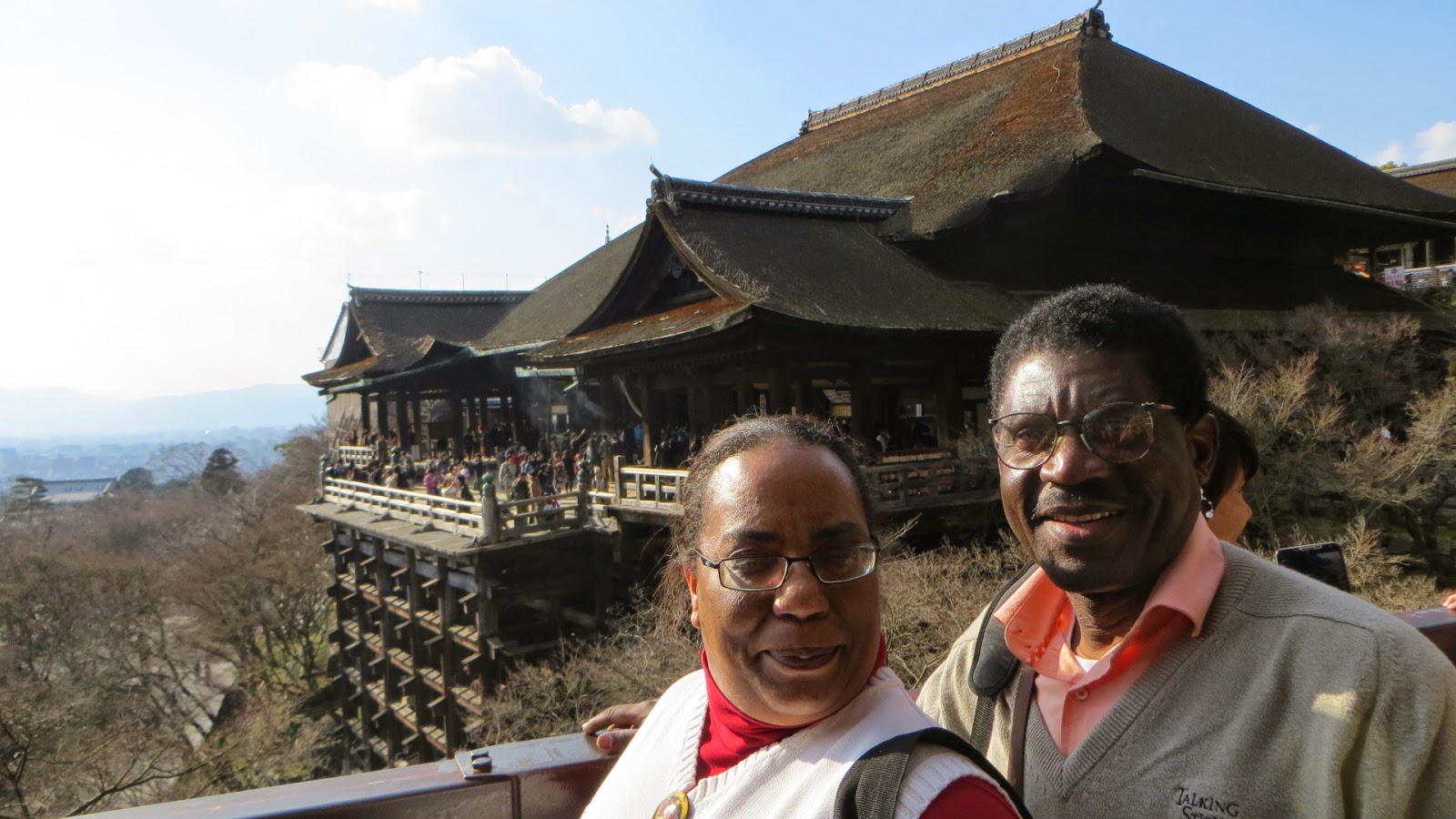 |
| These are not my students nor the school I worked at. |
Yes, this is another critical article about English in Japan by an ESL teacher who taught in Japan for 2.5 years. I want you to just think about how we can change the system, rather than simply getting offended and walking away.
Here are some issues that plague English education in Japan:
Systemic underconfidence. That's not a word, but I just made it one.
"My English isn't good, but...Excuse my poor English. I don't speak English." Guess what? The
majority of English speakers don't speak it natively! According to Wikipedia, there are roughly 400 million people, or ~5% of the people on earth, who speak English natively and 1.1 BILLION who speak English non-natively. Sorry, students, you're not allowed to run away from English because
"it isn't good."
 |
| See, look, Japan...you are orange (10-15% speakers) |
1 in 5 people on earth speaks English. This means that English speakers are a little better prepared to understand English from multiple cultures, with multiple accents, and from different levels. If you think about it, 'perfect English' is impossible, so it's a waste of time to want to speak perfect English.
My advice for
underconfidence is to lower your expectations. With Japanese language especially, students study kanji and take tests for 12 years (elementary through high school) and still forget how to read and write characters. When Japanese adults still have holes in their first language skills, how can they expect not to have holes in their English ability?
 |
| Even Princess Aiko is pissed off about her Eiken results |
Speaking of expectations, another problem with English education in Japan (and Korea) is that
the goals are out of reach for almost everyone. There was
a recent article that pointed out that
"about 87 percent failed to reach the goal of high school graduate level in writing and speaking" I'm going to say that when you get as high as 20% failure rate, it's time to ask yourself if you really want people to pass your test. This is a 90% failure rate and the Japanese Ministry of Education, or whoever is in charge of this disappointing statistic to wake up and look at changing goals.
I've seen and administered the Eiken (Test of English Ability) and can tell you that parts of it are in need of some tweaking. Try your best to explain the difference between authentic, genuine, legitimate and original. Now reward the genius who knows the answer with 1 measly point, out of 100 questions.
William Shakespeare is a timeless writer of classics, and his work should be shared, studied and enjoyed. However, reading it in Middle English is an unnecessary burden, especially for non-native speakers. Let's get comfortable with modern English first.
The speaking portion of the Eiken is also poorly weighted. The reading/writing/listening part is 100 minutes, and is about environmental issues and business, among other subjects. The speaking portion of the Eiken is 3-7 minutes. Students read a paragraph for pronunciation, answer a question related to it, then talk about a picture. Then, there are 2 questions that require 2 sentences each. The questions are so specific that there are literally 5 answers for students to give, written in the grader's guide and points that you're supposed to award. For example,
in this picture:
(The) Two men are (ice) skating in a birdbath. (5 points)
Two men are (ice) skating. (4 points)
They are (ice) skating. (3 points)
It's snowing. (2 points)
But if a returnee rolls into your room, with no accent and says "Joseph and Larry are skating around the bowl in momentum to prepare for a triple-axle twist," then we're encouraged to grade especially harshly. Should the kid have said 'spin' instead of 'twist?' Sure. But that kid is fluent, and if Eiken wants to artificially knock off points to even out with someone who put in hard work to know the answer patterns, then we have to ask just what is Eiken testing for?
I think the speaking portion should be longer, even if the questions are easy. Let's give students a buffer of easy questions to reduce the anxiety, which is probably the main killer.
It's hard to get motivation to do things when you, other people and tests tell you that you suck at it.
Some will try and blame teachers, but when the government traps us into meeting the way-too-high standards of a poorly-balanced test, then it's the classic battle of administration-vs-teacher, and talent is wasted.
I was very lucky in my time in Japan to teach with incredibly knowledgeable English teachers who were talented and creative. It's often left to the natively speaking teachers to have the 'fun' lessons, and the Japanese teachers do the heavy lifting of grammar and vocabulary...and reading...and listening. Several of them have confided in me that they want to teach their own curriculum with ideas like current events, purpose-based learning and I also got to observe a teacher get shot down for asking to do a lesson that wasn't academic enough. So we can conclude that the higher-ups are occasionally staunching creativity.
So there you have it. I think that to have a generation of strong bilingual Japanese students; we need to make it clear that most speakers of English make mistakes all the time; we need to lower our standards by changing the test to include easier, more general questions; and the schools need to cooperate with creativity instead of keeping students' faces buried in books.













































